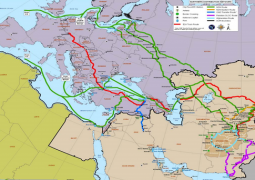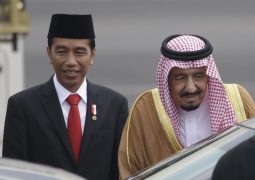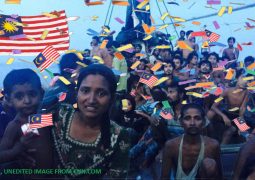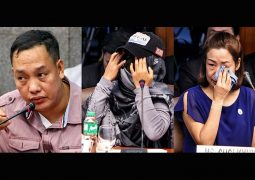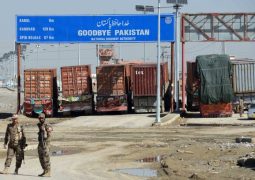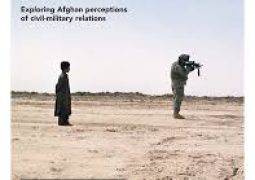China’s Premier, Li Keqiang, Champions Free Trade, in Contrast to Trump
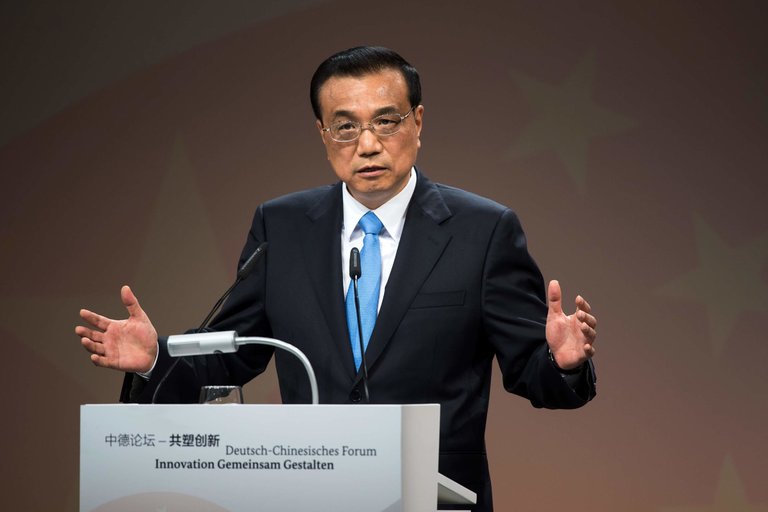
DALIAN, China — Premier Li Keqiang of China reaffirmed on Tuesday his country’s desire to be seen as the world’s new leader in globalization and free trade, but he offered no specifics on how China might lower its own trade barriers, which are among the steepest of any large country.
Speaking at the opening of a World Economic Forum conference in northeastern China, Mr. Li portrayed his country as deeply committed to a continued opening up to international competition. Without naming the United States or the Trump administration, he also said that it was wrong to blame free trade for economic or social problems.
“When we sprain an ankle when walking on the road, we should not blame the road and stop walking,” Mr. Li said, later adding that “in international economic relations, one should not impose unilateral rules.”
“Only in this way can we achieve free and fair trade.”
President Trump vehemently denounced the state of trade with China and other countries during the election campaign, blaming it for widespread job losses among American manufacturing workers. That argument helped Mr. Trump win the White House and has gained some traction among economists who say the benefits of globalization have not been shared equally, though they point to other factors also eliminating jobs.
But since taking office, Mr. Trump has focused more on non-China subjects, such as withdrawing the United States from the Trans-Pacific Partnership, a trade agreement among a group of Asian and Pacific nations that did not include China, and starting a renegotiation of the North American Free Trade Agreement.
Mr. Li’s stance nonetheless represents a clear contrast to the Trump administration’s rhetoric, said Eswar Prasad, a Brookings Institution specialist in trade and monetary policy who is attending the conference. “There’s really a cognitive dissonance coming from Washington to here,” Mr. Prasad said. “Washington is all about tearing down things.”
Yet while Mr. Li briefly mentioned that China would open up its services and manufacturing sectors, a repeated Chinese promise over the past quarter-century, he offered no details. Commerce Secretary Wilbur Ross has repeatedly accused China of being the most heavily protected large economy in the world.
World Trade Organization data shows that China has much higher tariffs on imports than the United States, the European Union or Japan, though its tariffs are lower than those of some developing countries such as India. China also has many regulatory barriers to imports and consistently runs large trade surpluses, particularly in manufacturing — a category that has created tens of millions of jobs in China as companies around the world have moved factories to the country.
President Xi Jinping of China started presenting his country as the new leader of globalization and free trade at the meeting last winter of the World Economic Forum in Davos, Switzerland. The forum’s event in Dalian, informally known as Summer Davos, focuses on technology, innovation and potential disrupters to the multinational companies whose executives predominate at the Swiss event.
Mr. Li also addressed two other subjects of broad economic interest during his keynote speech: financial risks in China, and the country’s long but gradual slowing of economic growth.
China’s steeply rising level of domestic debt recently prompted Moody’s to downgrade the country’s sovereign debt. Bank lending has been rising strongly, although much of it is to state-owned companies with implicit government guarantees of repayment.
Chinese bankers and insurers have increased sales of often speculative, weakly regulated investments called wealth management products to raise money for loans to real estate developers and small and medium-size businesses. Small and medium-size businesses are also borrowing heavily from peer-to-peer internet lending groups and other new, lightly regulated financial innovators.
Mr. Li acknowledged financial risks and provided a broad assurance that they would be managed. But he provided no details on how this would be done and emphasized the importance of continued economic growth — the latest hint of the government’s wariness of cracking down too hard on lending for fear of hurting growth.
“We do not deny these risks,” he said. “We are very aware of these risks, but lack of development is the greatest risk.”
The Chinese economy grew 6.9 percent in the first quarter, helped partly by a flood of credit. Mr. Li said that the growth momentum in the first quarter was continuing in the second quarter.
But he also cautioned that the sheer size of the Chinese economy these days no longer makes it feasible for the economy to grow at the double-digit rates it used to achieve, and he offered what he said was his favorite explanation for why this was the case.
“For a little child to do a dozen somersaults at one go is quite easy,” he said, “but for an adult to do even three or four somersaults is quite an accomplishment.”
One subject that Mr. Li avoided was Liu Xiaobo, the long-imprisoned Nobel Peace laureate, whose lawyers and the prison authorities said on Monday had advanced liver cancer. Mr. Liu was released from prison, at least temporarily, for medical treatment, and the state-controlled news media reported on Tuesday that eight of the country’s top cancer specialists had been assigned to treat him.
Mr. Li did mention the importance of “stability,” a favorite term of China’s Communist leaders, who like to attribute to a lack of social stability the country’s severely lagging economic performance for several centuries, until the last three decades. As the world faces a variety of economic challenges, Mr. Li said, “we are responding to those changes and uncertainties with stability.”
- Previous President Erdogan of Turkey Recovers From Minor Health Scare
- Next Najib says disgusted by deadly attacks in Pakistan



